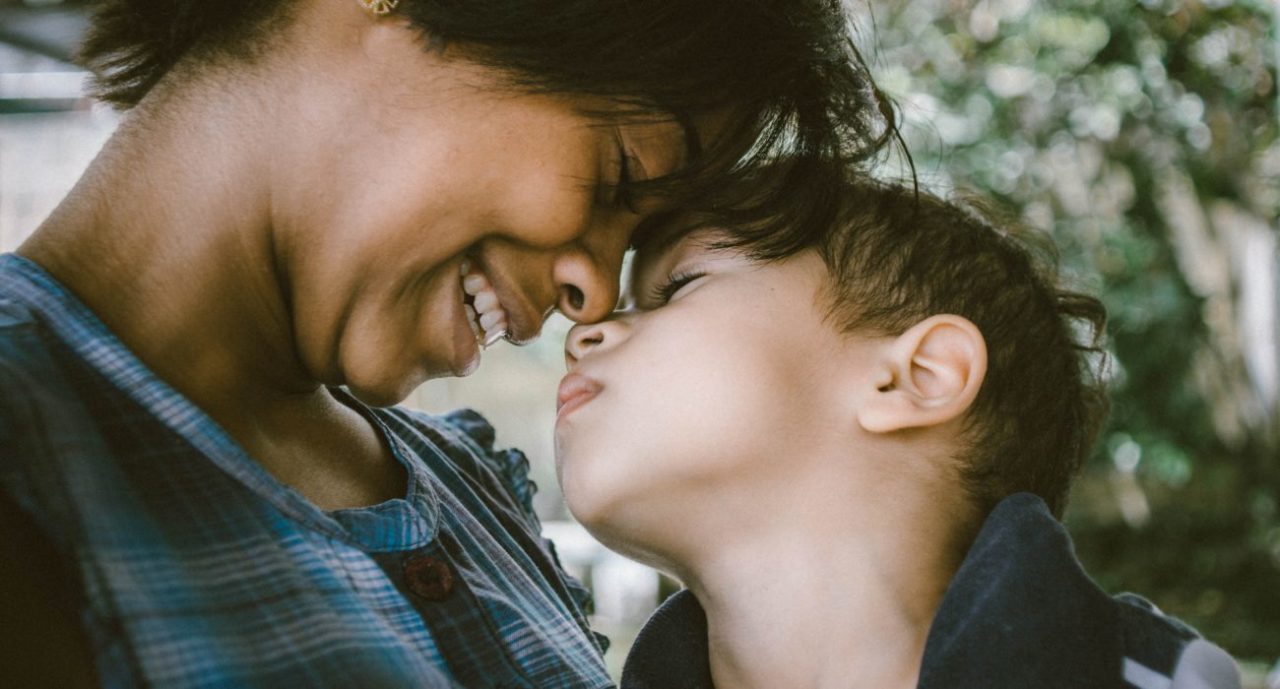
Permission to Parent: The Mindful Parenting Conundrum
Mindful parenting is a buzzword that has been gaining a lot of traction in recent years, and with good reason. There are many benefits, but as with any parenting trend, a completely mindful approach, won’t work for everyone.
Simply put, being mindful (whether it pertains to eating, parenting or life) means learning to slow down and becoming aware of your thoughts and feelings, so that you can be present in the current moment/situation.
Some of the key take-outs when it comes to mindful parenting include:
- by learning to be aware of our own emotions, we are better able to guide our children from a calm place, as opposed to an angry or overwhelmed state;
- it allows us to recognise and adapt better to different temperaments within our own households;
- it helps to break shouting and guilt-based parenting;
- it teaches positive communication amid chaotic moments. So, instead of shouting from frustration, we can calm ourselves first and acknowledge our children’s feelings.
Take the following scenario, for instance:
‘‘NO! Why can’t you just listen? I’ve told you a million times that you cannot hit your baby sister for breaking your Lego tower!
She doesn’t understand that it is wrong!”
VERSUS
‘‘Mommy understands that you must be so frustrated/angry because your baby sister is breaking your Lego tower, but in this house, we always use soft hands.’’
Do you see how, in the second example you are acknowledging, and not discrediting your child’s feelings (“Mommy understands that you must be frustrated’’), but also using positive language (‘‘we use soft hands’’ as opposed to ‘‘don’t hit.’’)?
The mindful parenting conundrum
When it comes to parenting in the fast pace of the 21st century, being mindful and present in every single moment can be rather challenging, since the goal of this method is to be 100% focused on your children instead of thinking about the million other things that parents are thinking about (many of those ‘things’ often involving life-giving, albeit extremely monotonous daily tasks, like bathing and feeding them (healthy, nutritious food), school lunches are packed, homework gets done and quality time is not neglected, etc.).
After all, we are but human, and only just learning about all these wonderful new techniques and trends in parenting, while also trying to juggle healthy relationships, careers, home-life and our health.
Is there a happy medium?
Mindful parenting often leans towards cultivating a friendship relationship with your children, versus a parent-child relationship. This often results in having leniency without consequences for negative behaviour (and isn’t cause and effect exactly how the real-world works?) In turn, this usually causes parents to feel out of control when they find this approach doesn’t work for them (in isolation).
At Munchkins, our aim is to practically empower parents to transform family dynamics, giving them permission to parent their children that work the best within their unique set-up.
If you only have a hammer in your toolbox, you will treat everything like a nail. We therefore absolutely believe that mindful parenting is but one such resource for your parenting toolbox, but that other tools, like healthy boundaries and routine; recognising and acknowledging different temperaments and parenting styles; a healthy diet; and creative ways to discipline, should also be available to build successful and healthy parent-child relationships.
Watch this short interview with Super Granny, Andalene Salvesen on the topic of mindful parenting
Munchkins parenting resources for your toolbox
Our website is a rich source of guidance and resources for parents. Our offering includes:
For bookings or general inquiries, please contact our administrator at info@munchkins.me





